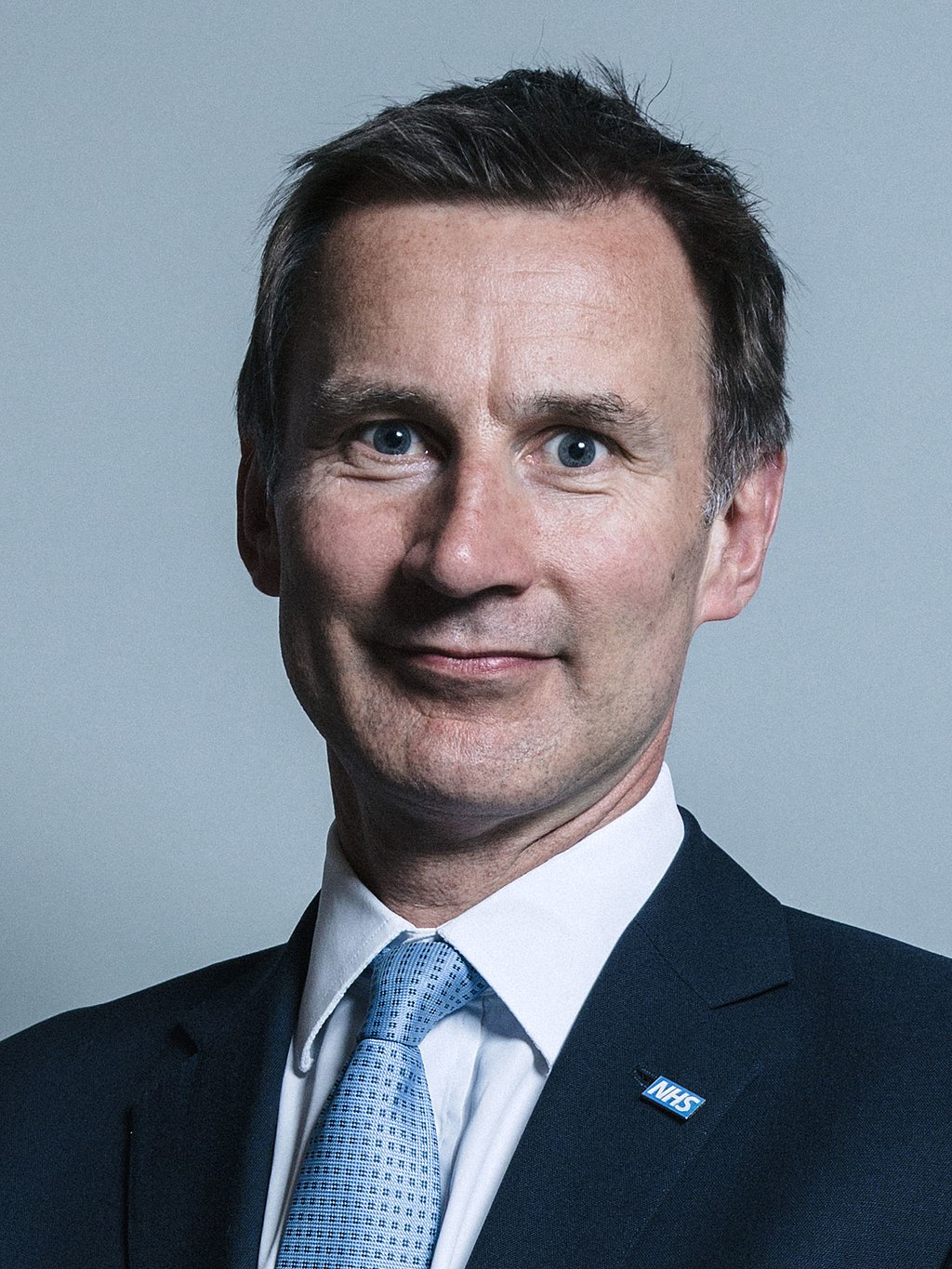On the 15th of March the Chancellor of the Exchequer, Jeremy Hunt, announced the spring budget for the upcoming financial year. Although there were some surprisingly generous elements, overall Hunt’s new budget can be understood as a depressingly moderate continuation of residualist Conservative policy, that uses certain proposals as a cover for a distinctive lack of support for those who need it most.
Hunt’s budget introduced some decent giveaways, including: 30 hours of free childcare for all under fives, – an incentive to get more parents into work, as well as a challenge to Labour’s proposed flagship childcare policies – changes to pensions that propose scrapping the lifetime allowance and raising the annual allowance, thus allowing people to put more into their pensions each year before paying tax; and notably, the continuation of the Energy Price Guarantee and a freeze on fuel duty.
However, whilst these proposals appear to be a semi-convincing olive branch of sorts, no major thanks will be received when we remember that, even with the Energy Price Guarantee, many are still paying double for their energy compared to this time last year.
Hunt’s most interesting proposal, welcomed across party lines, is the introduction of major childcare support for working parents. However, the policy itself is not expected to be implemented until 2025 – after the 2024 election that the Tories are expected to lose by a landslide – and those on universal credit will have to meet more, rigorous, work search requirements to receive any help. And this doesn’t just go for those in need of child support – the Tories plan to extend the sadistic benefits sanctions regime, meaning that the poorest will become poorer, and at a time when people are already struggling to heat and eat, more will be pushed to food banks.
Perhaps what is most interesting about this new budget is not what was included, but what wasn’t. In a country that is witnessing a continual decline in living standards, a decay of all public services, and workers striking in nearly every unionised field, it is frustrating to see so little being done to help those who really need it. There is no policy to help public sector workers that we all rely on, or those on low pay, being pushed further below the breadline – although inflation may be on the decline, prices continue to rise. Hunt firmly rejected the proposal of a social tariff to help the poor and disabled pay their energy bills, and an increase in benefits to account for the soaring cost of living also went amiss.
Personally, I think Hunt has a little too much spring in his step: yes it is true that wholesale energy costs are falling and, combined with a mild winter, this has vastly reduced the bill for the government’s Energy Price Guarantee. The Office for Budget Responsibility (OBR) has also announced forecasts for the next few years that show signs of improvement, especially in comparison to the outlook last autumn. To put it bluntly, Hunt has had some pretty good luck. Nevertheless, the OBR has also announced that there is a projected fall in incomes by 5.7% over the next two years, and the UK has only just managed to avoid recession, by extremely slim margins. The country is still struggling, and it is the poorest individuals who are having to take the brunt of the struggling economy.
Not only is Hunt’s new budget indicative of a continuation of the neoliberal Tory agenda that has plagued the country for the last decade, but it is also a meagre attempt to paper the cracks of the country’s fiscal state, serving as minor repairs to a fundamentally damaged system.
“File:Official portrait of Mr Jeremy Hunt crop 2.jpg” by Chris McAndrew is licensed under CC BY 3.0.

